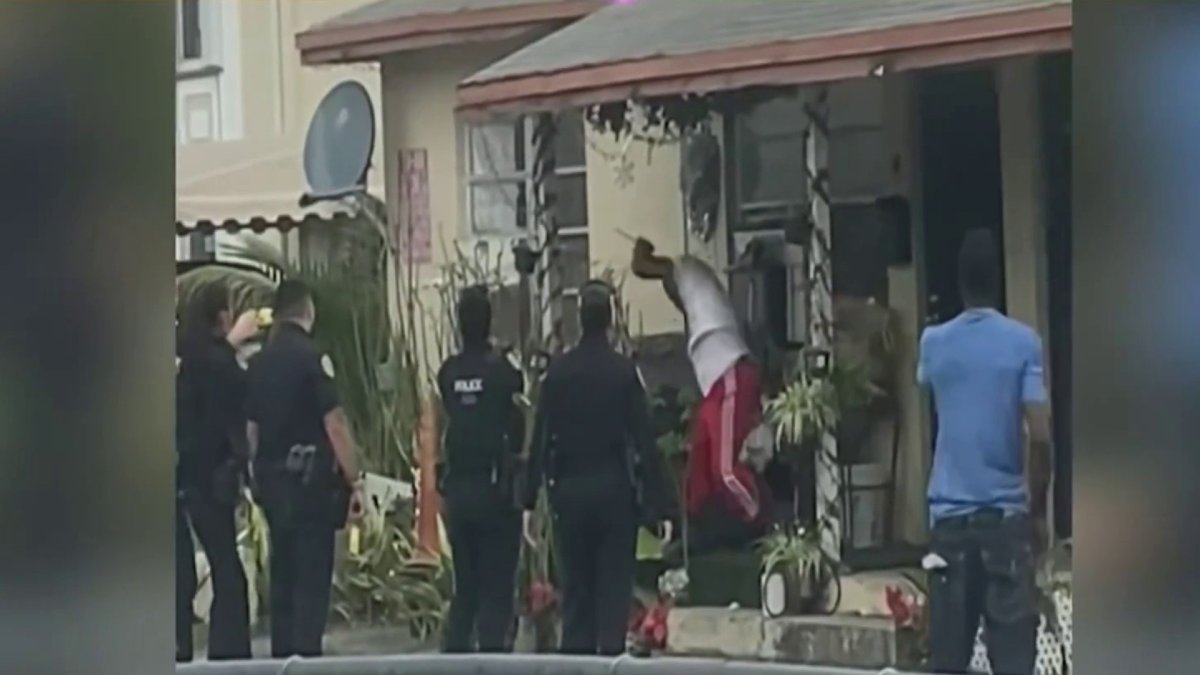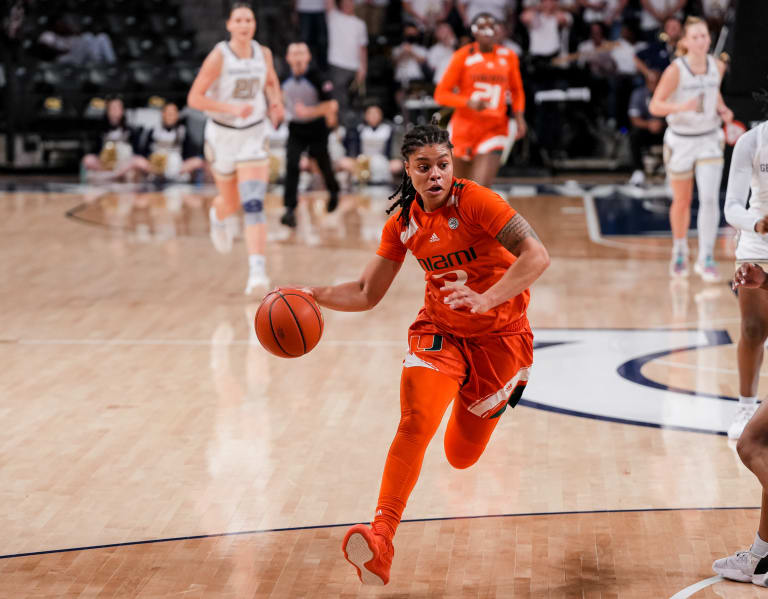Psychiatry expert weighs in after Miami Police officers shot man – NBC 6 South Florida

There are growing questions surrounding how Miami Police responded to a call Thursday, ending with officers shooting a man. Miami’s Police Chief is addressing how his officers could’ve better handled the situation.
Miami Police say after tasers had no effect at least one of their officers made the decision to shoot Donald Armstrong several times Thursday because he was holding a sharp object and not listening to their commands.
Thursday night, Armstrong’s mother questioned the shooting and demanded answers. She says she called 911 to their home on Northwest 7th court and 57th street because her son was high on drugs and she didn’t want anyone to hurt him.
“I told them he didn’t have a gun or anything,” Armstrong said.
On Friday, Miami Chief of Police Manuel Morales issued a statement regarding the incident.
“This incident has been an event that impacted our entire community. Transparency and accountability to our community will always remain our goal,” Morales said in the statement. “Communication is paramount to our communities, and we want to ensure all information we disseminate is accurate. The community needs to hear directly from me about the situation. We have two parallel investigations going. One by the Florida Department of Law Enforcement, an outside agency that investigates all police-involved shootings, and a second by Miami PD. We are already in the process of our internal investigation regarding all actions taken. I pledge to ensure that our department does better in addressing calls involving mental and behavioral issues. I am asking all of us to pray for Mr. Armstrong and his family during this difficult time.”
Dr. Daniel Bober is the Chief of Psychiatry at Memorial Regional Hospital. After watching the video, he says police should have been the last resort.
“Police officers are not social workers, they’re not therapists, when they get called to a scene they will treat it as a law enforcement situation, not a mental health visit,” Bober said. “The best thing to do is try to have professionals who can deescalate the situation and then if there’s no other choice, that’s when you bring in the police.”
Bober said only about 15% of police department nationwide receive any kind of crisis intervention training.
“Police should be the last people you call unless you’re in imminent risk to yourself or someone else,” Bober said. “Maybe she did everything she could’ve done in this situation, maybe she thought was really a legitimate threat and police had to come, there is no winners in this situation.”
“The police officers are only responding the way they’ve been trained and that’s really the unfortunate tragedy here,” Bober said. “Maybe we can embed mental health counselors with the police when they go on these calls.”
Armstrong said she was trying to protect her son.
“Don’t kill my child,” Armstrong said. “Don’t kill my child that’s all I kept telling them.”


